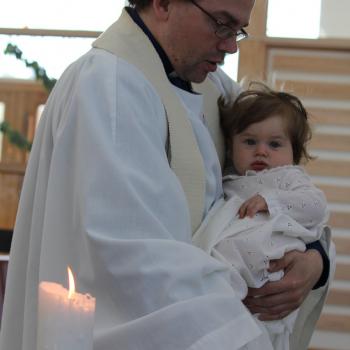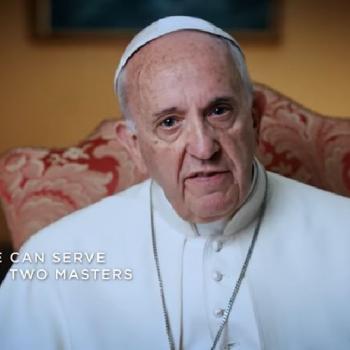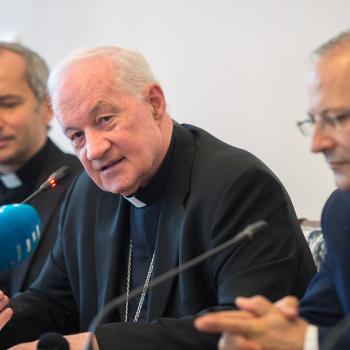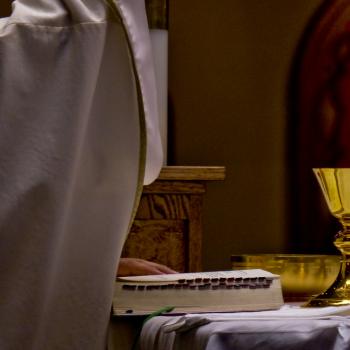An interesting claim last week by The Economist: “Clergy are colliding with Christian soldiers across Europe”. Or, more specifically, that “[r]ight-wing champions of Christendom are clashing with leftist clergy”. The Erasmus blog at said magazine surveys nationalist movements in Germany, the UK, Italy and France and concludes that “[i]t’s probably a fair generalization that most European church-goers are a lot more moderate and sensible than the far-rightists who are trying to woo them, but also stand a bit to the right of their own clergy and bishops”.
But is the generalization really fair? Consider the case of Spain, a country in which the space on the extreme right wing – occupied by parties like Alternative for Germany (AfD), UKIP or the Northern League in Italy – is taken up by the governing centre-right Popular Party (PP). To consider the PP as far-rightist is a controversial claim in Spain, but the party has shown its extremist chops time and again in its thirty years of history: by systematically opposing attempts to rid it of its fascist heritage, to honor the memory of the victims of the Francoist dictatorship, or, more recently, to have Spain welcome its EU-mandated share of refugees and immigrants, just to mention a few concerns that have been aired in progressive Spanish media.
But now, the next piece of the puzzle: in what measure do Spanish Catholics vote for the extreme-right PP? In June 2016, just before the country’s last general elections, the magazine Vida Nueva found in a survey that just 39.8% of Spanish Catholics planned on voting for Rajoy. Perhaps more interestingly, however, the Spanish faithful indicated, by a vast majority (70.5%), that it would be each party’s plans to stimulate economic growth that would determine how they would cast their vote: and that much over the usual (perhaps stereotypical) concern of the Catholic voter, the presence or not of those policies perceived as pro-family and pro-life (49.8%). Further evidence that the Spanish faithful lean not right as The Economist suggests but instead more to the left is the fact that 54.4% of the flock deny that their moral convictions determine who they vote for.
Where, then, do the Spanish bishops figure in this picture? The Vida Nueva survey found that a meager 28% follow the political guidelines set out by the Pope and the Spanish episcopate. Admittedly, guidance by this last group was hard to find in the run-up to the last elections, given that the Spanish bishops ceased offering political advice to the faithful in 2011, allegedly that their position on questions of the common good – that is, precisely on the moral questions that don’t seem to interest Spanish Catholics much – was already “well-known”.
The article in The Economist suggests that “there are good historic reasons why Europe’s clerics are averse to the political right and inclined to lean in the other direction”, among which is the fact that “today’s clergy are still somewhat haunted by the memory of right-wing predecessor (for example, under the collaborationist Vichy regime in France) who gave comfort to, or failed to oppose, totalitarianism”. That might be true in other places, but once again “Spain is different”. Consequently, the “longer-term challenge” the country’s Church faces is not so much “to find a language which asserts it right to exist… but does not demand any unearned privileges”, as Erasmus suggests to the other European Churches. Rather, it is that of reconciling the difference between the right-leaning hierarchy and the left-leaning faithful that seems to buck the trend on the continent.












